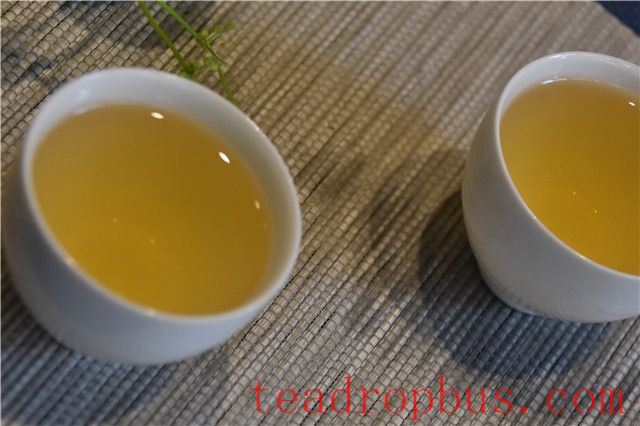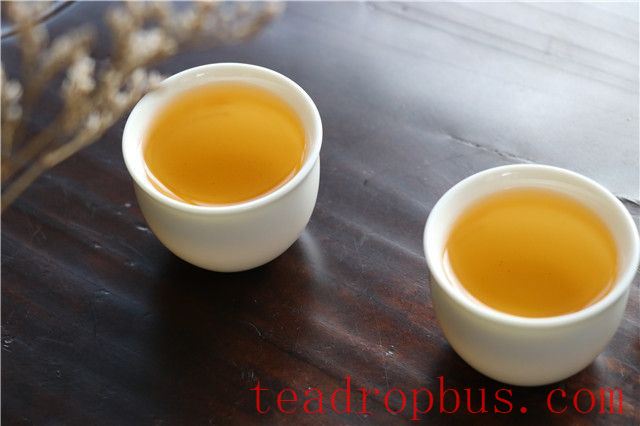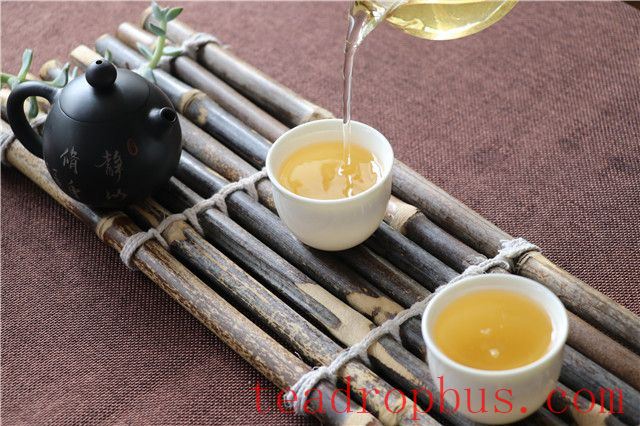Many of my friends enjoy drinking Tea and are aware of its benefits for both body and mind. Tea drinking is a leisure activity that combines relaxation and health maintenance. Whether enjoyed alone or shared among a few friends, one can find joy and inner peace in the act of tea drinking. However, while many people love tea, they may not know how to drink it correctly. Unintentionally, improper ways of drinking tea can not only fail to bring Health benefits but can also cause harm to the body.

Taboo One: Overly Concentrated Tea
In Chinese culture, there is a special term for strong tea – “yan.” There is a saying that goes, “The best part comes last,” which is often true for traditional dramas where the main actors perform in the final acts. However, good tea is not necessarily better when it is too strong. In fact, overly strong tea can be detrimental to health.
Strong tea contains high levels of caffeine and theobromine, which can be very stimulating. Some people drink strong tea for the intense taste, but what they may not realize is that this intense taste can lead to insomnia, headaches, ringing in the ears, blurred vision, and even stomach pain. Some people experience what is known as “tea intoxication,” which is caused by drinking excessively concentrated tea.
Therefore, tea should not be steeped for too long. If steeped for too long, it becomes too strong (unpleasant).
Taboo Two: Leaving Tea Unconsumed for Too Long
There is a common belief that leftover tea from the previous night should not be drunk. This sounds as if there is some sort of grudge between tea and the moon. It seems that after being “bathed” overnight, the tea loses its value. However, the term “night” here does not specifically refer to nighttime but rather indicates an extended period. Generally speaking, tea that has been left for more than six hours should not be consumed.
The polyphenols, lipids, and aromatic compounds in tea will oxidize over time. Leaving tea unconsumed for too long will darken the color and diminish the flavor, reducing its enjoyment value. Moreover, the vitamin C, vitamin P, and amino acids in tea decrease due to oxidation, significantly lowering the nutritional value of the tea. More importantly, leaving tea out for an extended period exposes it to environmental contamination. The microbial content (bacteria and fungi) in the tea increases, making it unhygienic.
Clearly, tea left unconsumed for too long is not only unpalatable and lacking in nutrition but also unsanitary.

Taboo Three: Eating Meat and Drinking Tea Together
Tea does help to cut through greasiness and aid digestion, but it's important to note that tea contains large amounts of Tannic acid, which can bind with proteins in meat to form “tannate protein.” This slows down intestinal peristalsis, hindering digestion and potentially leading to constipation. Therefore, it's not advisable to drink tea during meals. Eating meat and drinking tea should be done separately.
Taboo Four: Drinking Tea Before Meals
Some people like to have a few cups of tea before eating. They might think that tea aids digestion and thus makes them feel hungrier. However, this is an incorrect tea-drinking habit. Drinking a large amount of tea before meals dilutes saliva, making even delicious food taste bland. More importantly, it temporarily impairs the digestive organs' ability to absorb proteins, affecting protein absorption.
Taboo Five: Drinking Tea Immediately After Meals
It's not that you cannot drink tea after eating, but you shouldn't do so immediately. When food enters the stomach, various enzymes and gastric acid work together to convert it into nutrients that the body can absorb. Drinking tea right after eating can cause the polyphenols in the tea to chelate with the proteins and iron in the food, hindering the body's absorption of these nutrients. Additionally, tea dilutes gastric juices, which is not conducive to proper stomach function.
Generally, you can safely drink tea about an hour after eating.
Taboo Six: Drinking Excessively Hot Tea
While tea should be enjoyed while hot, it should not be too hot. Drinking tea at temperatures above 70°C can scald the oral cavity, throat, and esophageal mucosa. Long-term consumption of scalding tea can be a contributing factor to oral and esophageal tumors. On the other hand, if the tea cools down too much, it loses much of its flavor.
Generally, it is recommended to drink tea at a temperature of 50°C to 60°C.

Taboo Seven: Excessively Cold Tea
Cold-brewed tea has become popular, but it should be consumed with caution. Cold-brewed tea is typically chilled to around 5°C, similar to most cold beverages. Furthermore, teas suitable for cold brewing tend to be lightly fermented oolongs or non-fermented green teas, which are inherently cooling. Serving these teas cold further enhances their cooling properties, which can be problematic for those with weak spleens and stomachs, potentially causing phlegm buildup and harming the spleen and stomach.
Thus, while the concept of cold-brewed tea is appealing, it should be consumed with caution.
Taboo Eight: Replacing Water with Tea
At the dinner table, “replacing wine with tea” is considered virtuous. However, in daily life, “replacing water with tea” is not a good habit. Water possesses unique benefits that no beverage can replace. Sometimes, parents warn their children not to substitute drinks for water. Yet, tea is also a beverage. Although it is healthy, it should not be used as a replacement for water.